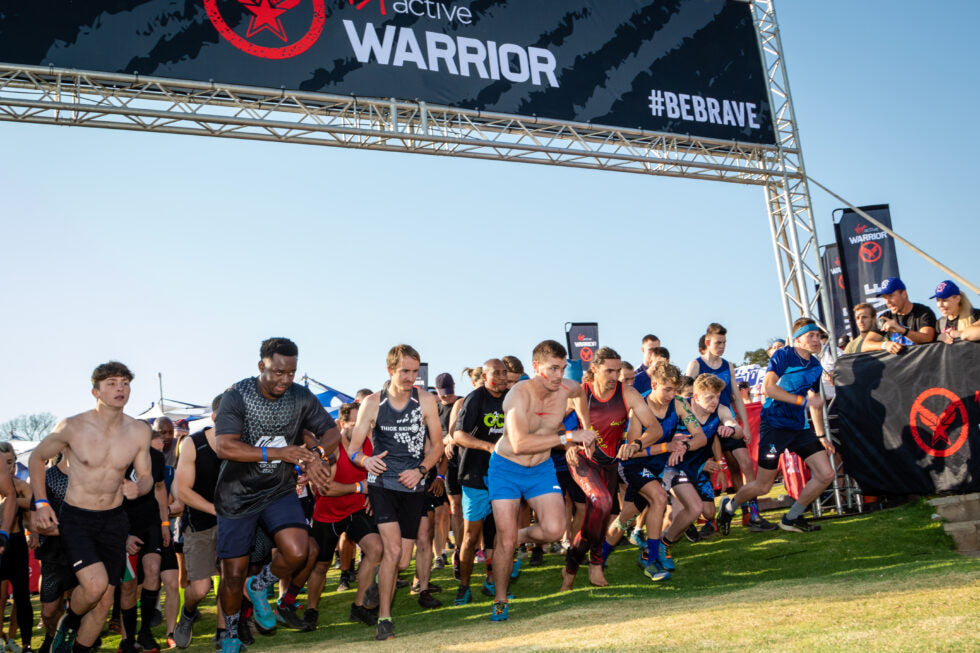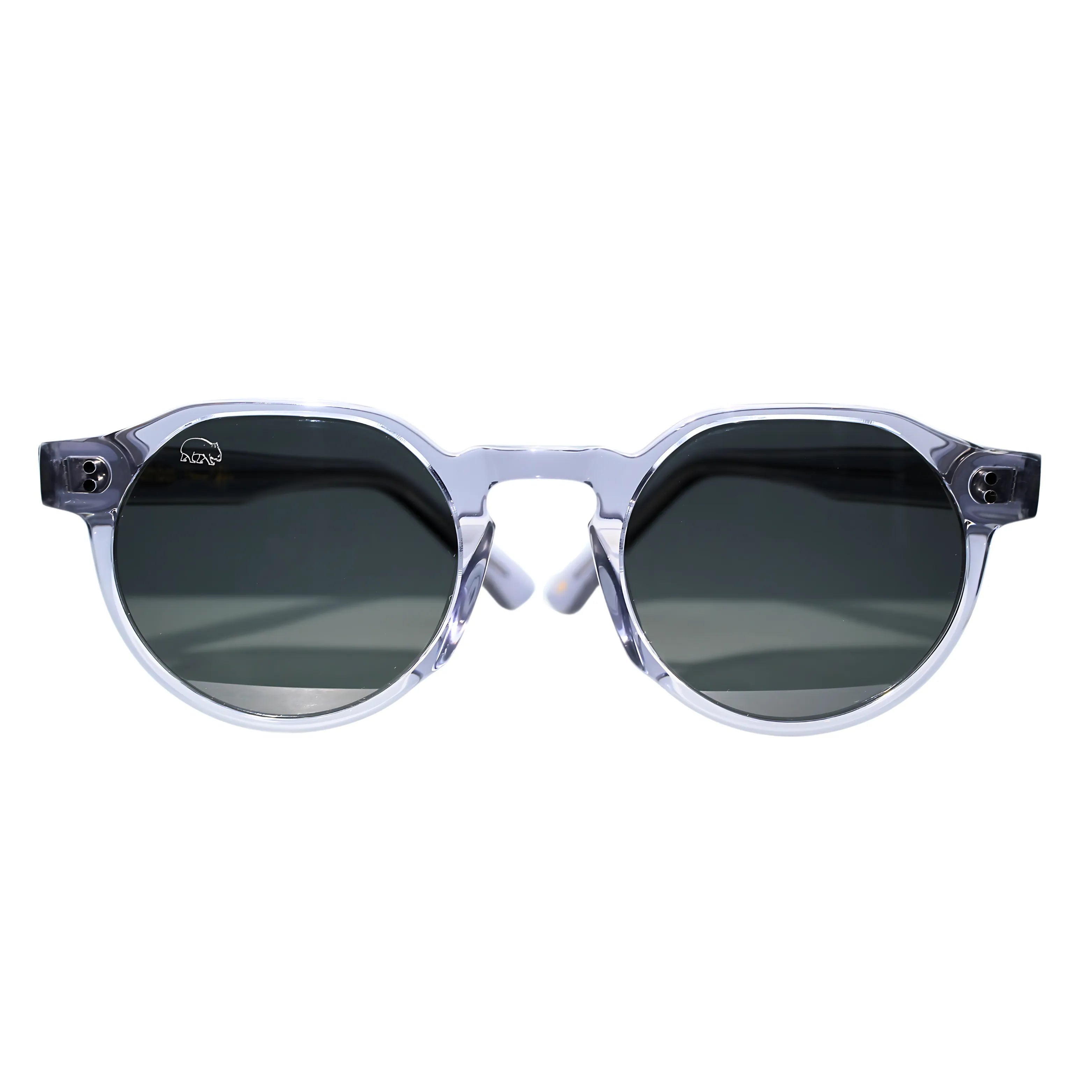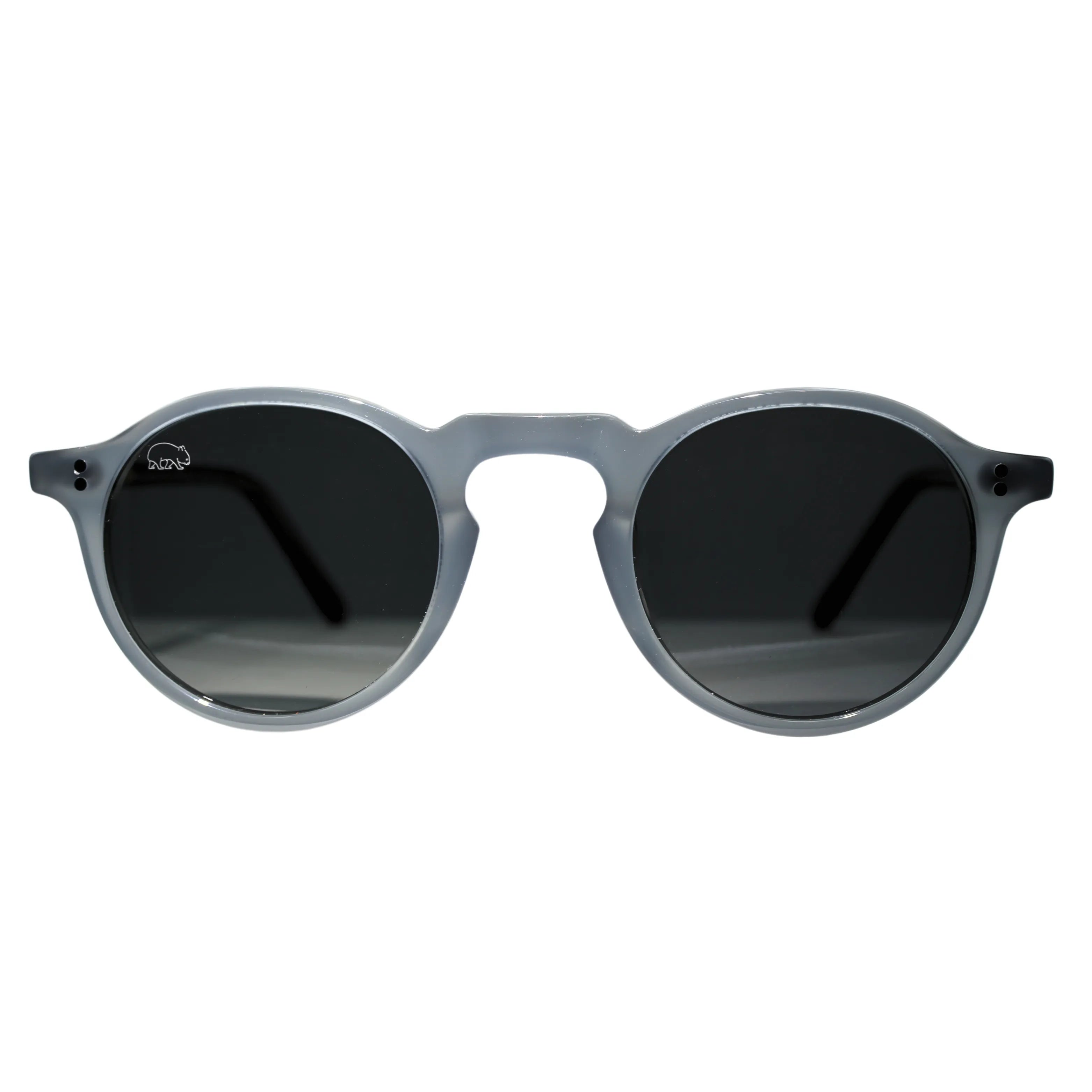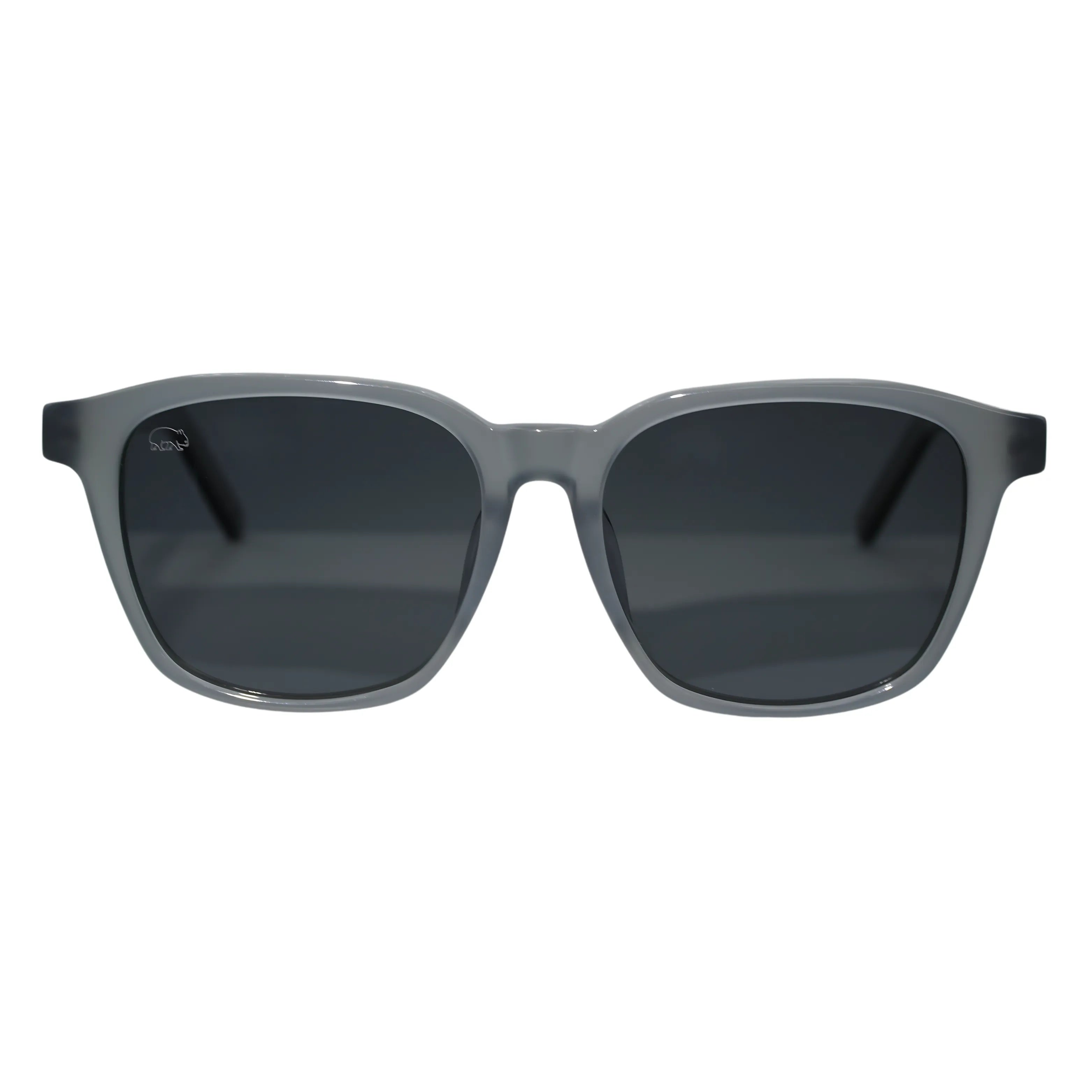
Nutrition prepping for the Virgin Active Warrior Race
Preparing for the Virgin Active Warrior Race at Devonbosch or similar challenging event, requires a combination of physical fitness, mental toughness, and proper nutrition. Here are some nutrition tips to help you prepare:
-
Balanced Diet: Maintain a balanced diet that includes a variety of foods from all food groups. This ensures you get a wide range of nutrients to support your training and recovery.
-
Carbohydrates: Carbohydrates are your body's primary energy source. Include complex carbohydrates like whole grains, fruits, and vegetables in your diet. These provide sustained energy for your training sessions and race day.
-
Protein: Protein is essential for muscle repair and recovery. Include lean sources of protein such as chicken, turkey, fish, lean beef, tofu, beans, and legumes in your meals.
-
Fats: Healthy fats, like those found in avocados, nuts, seeds, and olive oil, provide long-lasting energy and help support overall health.
-
Hydration: Staying hydrated is crucial. Drink plenty of water throughout the day, and consider electrolyte-rich beverages or sports drinks during long training sessions or races to replace lost fluids and minerals.
-
Meal Timing: Eat a balanced meal 2-3 hours before training or racing. Include carbs for energy and some protein for muscle support. Afterward, consume a recovery meal or snack within an hour to aid muscle recovery.
-
Snacking: Have healthy snacks available, like nuts, yogurt, or fruit, for quick energy and recovery between workouts.
-
Avoid Overeating: While it's essential to fuel your body, avoid overeating or consuming heavy, high-fat meals immediately before a training session or race. This can lead to digestive discomfort.
-
Supplements: Consult with a sports nutritionist or healthcare provider to determine if you need any supplements. Common ones for athletes include protein powder, electrolyte tablets, and multivitamins.
-
Carb Loading: For longer races, consider carbohydrate loading in the days leading up to the event. This involves increasing your carb intake to maximize glycogen stores in your muscles for prolonged endurance.
-
Portion Control: Be mindful of portion sizes to avoid weight gain or feeling overly full during training sessions. Pay attention to hunger and fullness cues.
-
Recovery Nutrition: After intense training sessions, consume a recovery meal or shake with a 3:1 ratio of carbs to protein to aid muscle recovery.
-
Experiment During Training: Don't try new foods or supplements on race day. Experiment with your nutrition during training to find what works best for you.
-
Listen to Your Body: Pay attention to your body's signals. If you're hungry, eat. If you're thirsty, drink. Your body knows what it needs.
-
Pre-Race Meal: On race day, eat a light, easily digestible meal 2-3 hours before the start. This could be oatmeal, a banana, and a small serving of protein.
-
Stay Hydrated During the Race: During the race, sip on water or sports drinks at designated stations to stay hydrated, especially in hot weather.
Remember that nutrition is highly individual, and what works for one person may not work for another. Consult with a registered dietitian or nutritionist who specializes in sports nutrition for personalized guidance based on your specific needs and goals. Additionally, practice your nutrition plan during training to ensure it works well for you on race day, and don't forget your Wombat Gear sunglasses.
#justbelekker























